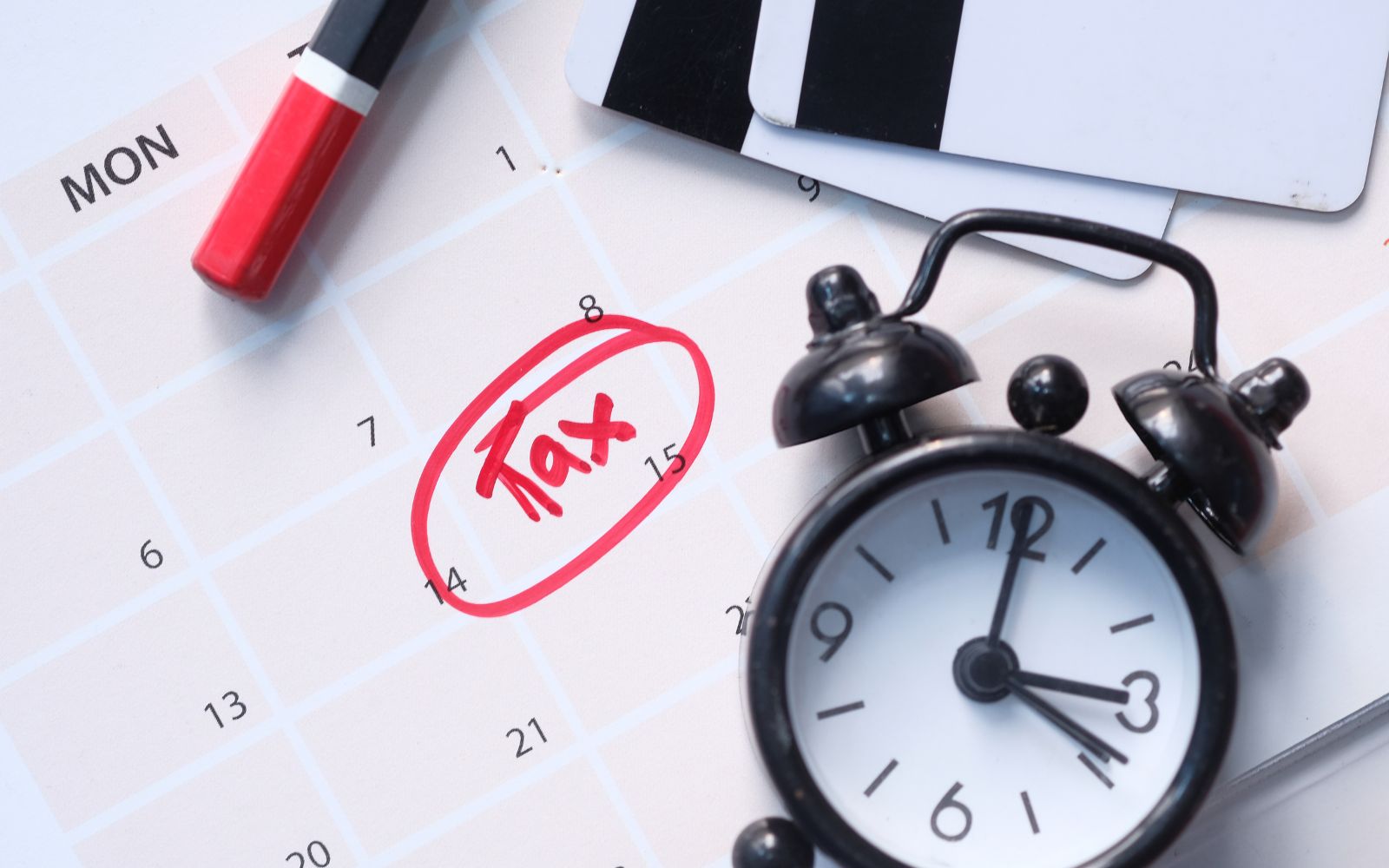VAT Deferral: What Happens To Your Direct Debit Now?

Among the many Government measures to help businesses cope with COVID-19, HMRC allowed businesses to defer VAT payments due between 20 March and 30 June 2020 until March 2021.
The only step necessary for businesses to take advantage of this measure was, in fact, cancelling their direct debit with HMRC.
As we approach the end of the deferral period, businesses who did take advantage of the scheme now need to reinstate their direct debit in time to fulfil their payments due from July 2020 onwards.
Any outstanding returns should be filed and three working days should be allowed to elapse before reinstating the direct debit mandate.
Direct debits mandates must be set up by businesses directly, through their business tax account, as they cannot be set up by an agent.
HMRC has confirmed to ICAEW that they will not collect the outstanding balance of the deferred VAT once the direct debit is set up again.
As payments between March and June are only deferred, not cancelled, they will need to be paid back by 31 March 2021. HMRC will provide further guidance on how this needs to be done.
For those businesses who did not manage to cancel their Direct Debit, and therefore did not take advantage of the scheme, HMRC has confirmed that a refund can be claimed.
According to HMRC, the quickest way of doing so is requesting a Direct Debit Indemnity Claim to the bank where the business account is registered, ensuring that the refund is claimed under the Direct Debit Indemnity Scheme (DDI).
If the taxpayer wants a repayment from HMRC rather than contacting the bank, they must ensure that their bank details are updated using the online services.
There is no deadline to claim the refund, other than the deferral deadline which is 31 March 2021. HMRC said that it may take up to 21 days for the refund to be received if this is not requested through the DDI.
The information available on this page is of a general nature and is not intended to provide specific advice to any individuals or entities. We work hard to ensure this information is accurate at the time of publishing, although there is no guarantee that such information is accurate at the time you read this. We recommend individuals and companies seek professional advice on their circumstances and matters.




